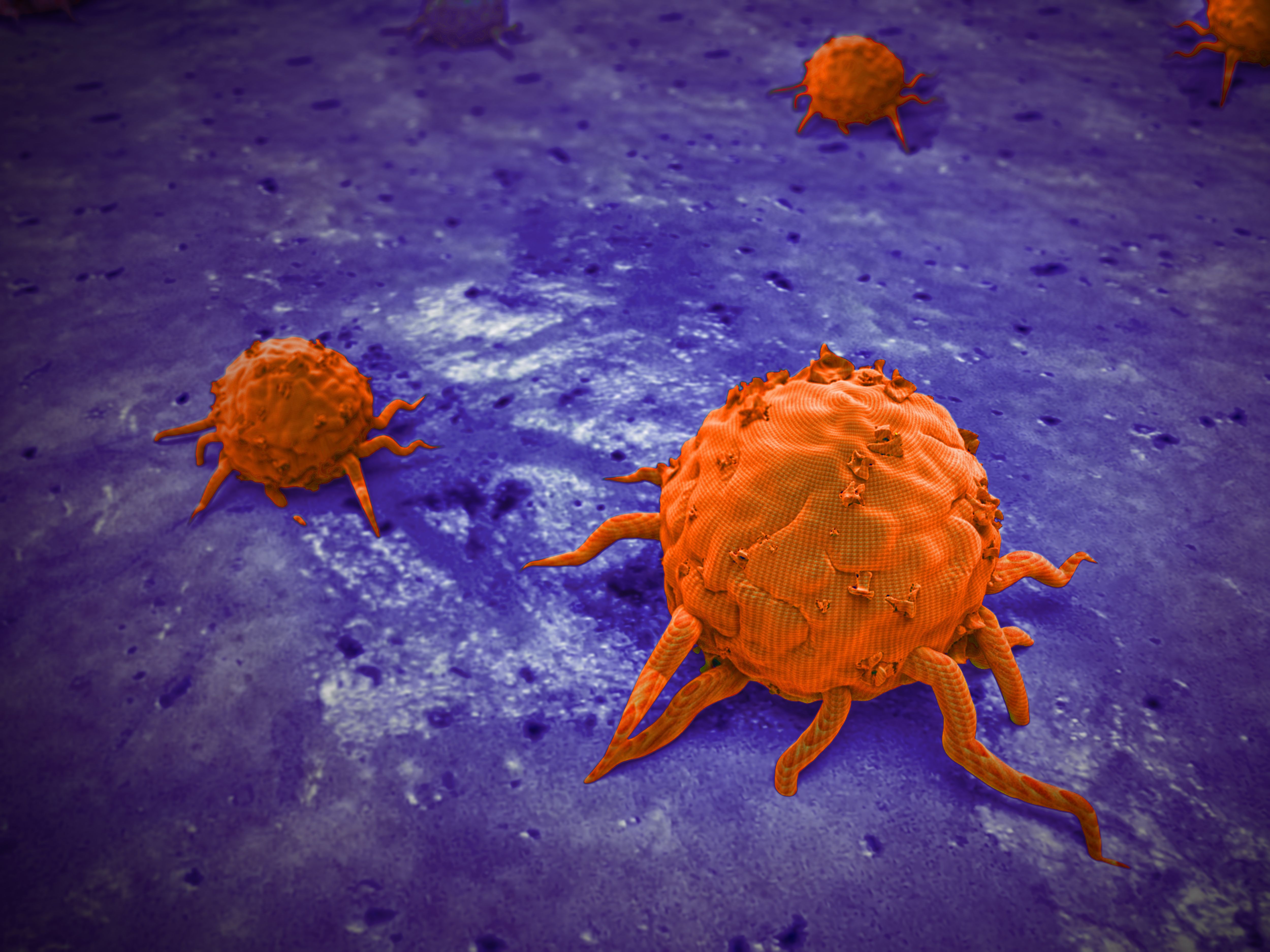RV001 Does Not Prevent Disease Progression in Prostate Cancer
RV001 did not show superiority to placebo in terms of preventing progression of disease in patient with prostate cancer.

The phase 2b study, BRaVac (NCT04114825), for patients with prostate cancer failed to demonstrate the superiority of RV001 (onilcamotide) over placebo in preventing progression in patients with biochemical recurrence with a rise in prostate-specific antigen (PSA) after curative intent therapy. Investigators defined progression as a doubling of PSA, clinical recurrence, or death. This announcement comes from RhoVac AB, the study’s sponsor, in a press release.1
This clinical phase 2b trial began towards the end of 2019.In November of 2020, phase 1/2 data was positive, and the FDA granted RV001 a fast track designation. The trial aimed to show that RV001 could prevent or delay disease progression in patients with prostate cancer. Interim safety reviews have been conducted. Investigators found no unexpected adverse events, and the end trial results also confirm the anticipated safety of the drug candidate.
RV001 missed its its primary endpoint. The primary results did not indicate any significant finding on improved outcomes. Based on this study, the primary outcome analysis offers little hope of a license or acquisition deal.
BRaVac is a phase 2, double-blinded, placebo-controlled study consisting of 180 male patients. The primary outcome of the trial is time to PSA progression, and the secondary outcomes are safety by frequency and severity of adverse events, time to initiation of a subsequent antineoplastic therapy, proportion of patients showing a PSA response from baseline, and disease-free survival. The study arm received 12 vaccinations with the first 6 being given every 2 weeks, the next 5 given 4 weeks apart, and the last given 6 months after the eleventh vaccination. Investigators administered the placebo at the same rate.2
The study eligibility criteria included biochemical recurrence within 3 years of radical prostatectomy or definitive radiation therapy (RT) and no distant metastasis by standard CT imaging and bone scintigraphy, or locoregional recurrence assessed by CT or multi-parametric MRI and confirmed with negative biopsy in case of prior RT, an ECOG performance score of 2 or greater, hemoglobin of at least 5.6 mmol/L, absolute granulocyte count of 1.5 × 109 /L or higher, platelets of 100 × 109 /L or more, total bilirubin no more than 1.5 times upper limit of normal (ULN), and creatinine no more than 1.5 times ULN. Patients were excluded if they are receiving androgen-deprivation therapy, a castrate level of serum testosterone less than50 ng/dL at screening, and PSA greater than 10 ng/mL.2
Anders Månsson, the chief executive officer of RhoVac AB said "Even though we know that benchmarks state that the probability of success for a phase II project in oncology is less than 50% and that clinical development is always a calculated risk, we are surprised and deeply saddened to find that BRaVac failed to meet its primary endpoint. We will immediately minimize expenditure, while further assessing the study data, with the aim of coming up with firm recommendations on how to proceed.”
The company stated it will explore deeper into the results and will develop a plan for the trial moving forward. More news from RhoVac concerning the BRaVac trail will come sometime in June.
Reference:
1. RhoVac's phase IIb study in prostate cancer, BRaVac, failed to meet its primary endpoint. Press release. PRNewswire; May 29, 2022. Accessed June 1, 2022. https://prn.to/3aDNvbD
2. Study of RV001V in biochemical failure following curatively intended therapy for localized prostate cancer (BRaVac). ClinicalTrials.gov. Updated September 28, 2021. Accessed June 1, 2022.https://clinicaltrials.gov/ct2/show/record/NCT04114825?term=BRaVac&draw=2&rank=1&view=record